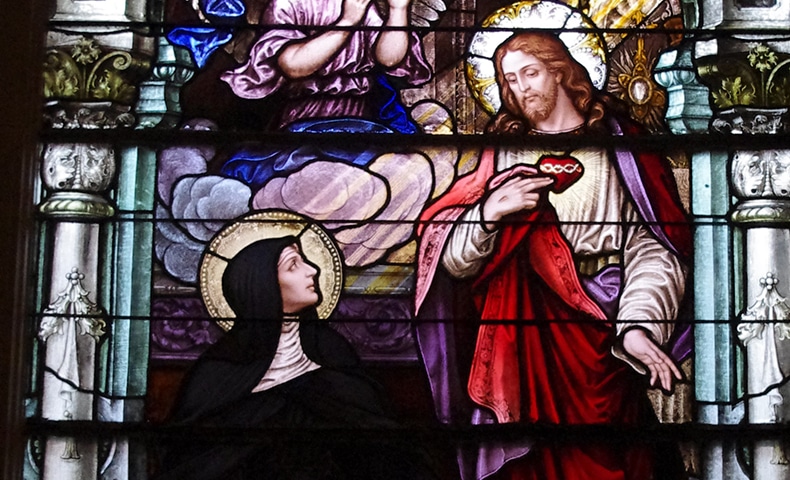Thomas Aquinas’s Third Way (Via Tertio), outlined in his Summa Theologiae, argues for the existence of God through the concepts of contingency and necessity. This argument centres on the observation that the existence of contingent beings (those that depend on external factors for their existence) requires the existence of a necessary being, which Aquinas identifies as God.
Key Concepts in the Third Way
- Contingent Beings:
These are beings that exist but could have failed to exist, such as material things which come into being and pass away.
- Necessary Beings:
A necessary being is one that must exist and cannot fail to exist. Its existence is intrinsic and not dependent on anything else.
Structure of the Argument
- Observation of Contingency:
In the world, we see contingent beings that come into existence and cease to exist. If all beings were contingent, there would have been a time when nothing existed.
- The Impossibility of Infinite Regress:
If there were ever a time when nothing existed, nothing could exist now, as contingent beings cannot bring themselves into existence. Since things do exist, there must always have been at least one necessary being.
- The Existence of a Necessary Being:
To account for contingent beings, there must be a necessary being whose existence is intrinsic and not derived from another.
- Conclusion:
This absolutely necessary being is what Aquinas identifies as God.
Did Aquinas Believe in Many Necessary Beings?
Aquinas did not believe in multiple absolutely necessary beings. He made a distinction between:
- Conditionally Necessary Beings:
Beings whose necessity is derived from God’s will, such as immortal souls or angels. These beings are not intrinsically necessary but are made so because God sustains them.
- Absolutely Necessary Being:
This being exists by its very nature and requires no external cause. For Aquinas, this is God.
Why Only One Absolutely Necessary Being?
Aquinas argued that multiple absolutely necessary beings are impossible due to:
Simplicity: A necessary being must be utterly simple and indivisible. Multiplicity implies difference, which contradicts simplicity.
Source of Existence: Multiple necessary beings would require a cause or principle of distinction, undermining their intrinsic necessity.
Parsimony: Postulating one necessary being suffices to explain existence; adding more is unnecessary.
Conditional Necessity and Human Existence
Humans are contingent beings by nature, entirely dependent on God for existence. However, after being created, humans can be considered conditionally necessary because God sustains their existence perpetually. For example:
The human soul, once created, is immortal and cannot cease to exist. This reflects a type of necessity dependent on God’s will.
God’s Eternal Knowledge and Human Contingency
Passages like Jeremiah 1:5 (“Before I formed you in the womb, I knew you”) reflect God’s eternal knowledge of individuals. For Aquinas:
God’s Eternal Plan: God’s knowledge of each person is not bound by time; He eternally wills and loves each individual.
Contingency and Necessity: While humans are contingent beings, their existence is part of God’s eternal, providential plan, making them “necessary” in a conditional sense within that plan.
Summary
- Aquinas’s Third Way argues that contingent beings require a necessary being, ultimately identified as God.
- He rejected the idea of multiple absolutely necessary beings, maintaining that God alone is absolutely necessary.
- Humans are contingent but become conditionally necessary due to God’s will, especially in the immortality of the soul.
- God’s eternal knowledge and plan give purpose and intentionality to our existence, but this does not make us intrinsically necessary.
Ultimately, Aquinas’s Third Way emphasises that all contingent existence is rooted in the necessity of one ultimate, self-existent being: God.



